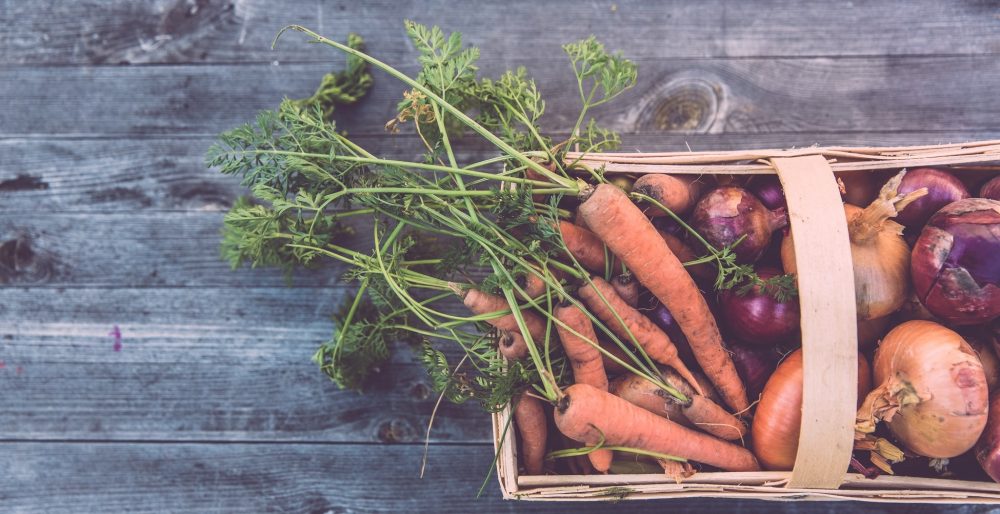 Charlotte Sidebotham is a salaried GP in Cornwall.
Charlotte Sidebotham is a salaried GP in Cornwall.
Do you know your marigolds from your muscari? Or your lupins from your lilies? Neither did I. But, like most of us, our unparalleled year of lockdowns nudged me into spending more time in the garden. Scratching around in the soil in a vain attempt to reinvigorate my wilting flowers, I realised quickly that I was utterly clueless. So, I got myself a book. I chanced upon Monty Don’s ‘Down to Earth’.1 He is as gifted a writer as he is gardener. I devoured chapter after chapter. Soaking up Monty’s pragmatic advice, I realised that a lot of his wisdom could be shared with general practice. Here is some of his sage advice.
‘If it works, it works’
It is easy to get lost in the rules of gardening, but there are many ways of doing the same thing. No one garden is identical. If you have success with what you are doing, then keep doing it. Equally, we can become accustomed with disease-specific guidelines with the aim of standardising the care for all patients with a given condition. After all, regularisation in healthcare is a way to improve patient care and whilst keeping healthcare affordable. However, ‘cookbook medicine’ may not be the correct recipe for all patients. As the great William Osler quoted in the nineteenth century: ‘It is more important to know what sort of person has a disease than to know what sort of disease a person has’.
Teamwork is what separates the good from the great.
Soil provides anchorage for roots, holds water and nutrients. It is our life support system. If you sow in rich compost, the plant will take care of itself. If plants are the people, then relationships are the soil. Cultivating a healthy team is enriching; the ecosystem of a successful practice is effective teamwork. Teamwork is what separates the good from the great. Striving towards an atmosphere where talent blossoms, people are seen, and voices are heard will create a happy environment. An energised, dynamic practice will weather even the worst of storms.
‘If you don’t have failure, you don’t know why things are succeeding’
It has taken me at least two years to reach a point where my vegetable patch is producing edible food. Patience and perseverance have paid in kind with delicious produce this season. Gardening is not perfect, but the determination to learn from mistakes can lead to beautiful things. Although I have my sturdy gardening manuals to refer to, most of my gardening is learnt as I go along. General practice, like gardening, is an experiential process of constant learning. ‘Failure’ is not a word many like to invite into their vocabulary. But it is inevitable. By embracing failure and our own fallibility, we can become the doctors we yearn to be.
‘Find what you love and do that’
Quiet observation is not the same as ‘nothing’.
‘When in doubt, do nothing’
Doing nothing can be very effective. In the garden, by and large, problems solve themselves. The same can often be said for general practice. When in doubt, being an observer and allowing the passage of time is often safest. Quiet observation is not the same as ‘nothing’. It is not mediocrity, but frequently a chance for reflection, curiosity and to reframe a question. There are however lots of barriers to achieving a ‘less is more approach to medicine. Fear of taking this approach too far and ending up with ‘too little’ medicine is probably the most common apprehension. Yet, I am reminded of many a clinical scenario where not acting has been entirely reasonable. In a time of declining resources, maybe we should all take a leaf out of Monty’s book.
Beyond the parallels
Looking beyond the parallels, there is something immensely grounding about working with the earth and weathering the seasons. Gardening is immersive. It slows you down and can be a humbling experience.
Featured book
Monty Don. Down to Earth: Gardening Wisdom. Pub : DK. 2019. ISBN-13: 978-0241347140
Featured photo by Markus Spiske on Unsplash






